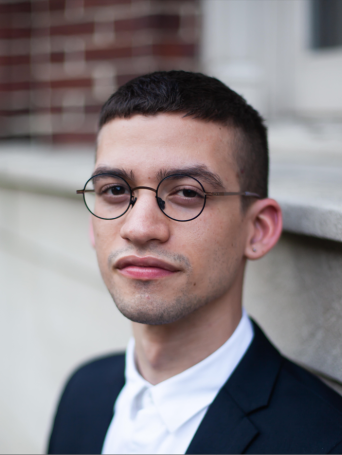
Eddy Almonte (he/him) is an urban planner and Queens native with a passion for supporting and uplifting marginalized communities and spaces. With extensive experience in community engagement in the affordable housing sector, Eddy specializes in leading community planning processes for housing preservation and new construction projects in NYC. Recently, Eddy served in roles in the New York City Housing Authority (NYCHA) and New York City’s Department of Housing Preservation and Development (HPD) distilling complex housing policies and initiatives to accessible public-facing materials for all audiences. Throughout the years, Eddy has focused on understanding the local implications of macro-level policy decisions at the intersection of race, gender identity, class, and sexual orientation.
Eddy is a graduate of the M.S. Urban Planning Program at the Graduate School of Architecture, Planning, and Preservation at Columbia University where he focused on community and economic development, public engagement, and spatial analysis of queer public/private spaces. Eddy also served as a fellow under the Association of Neighborhood and Housing Development Morgan Stanley Fellowship and worked at Ascendant Neighborhood Development in East Harlem.